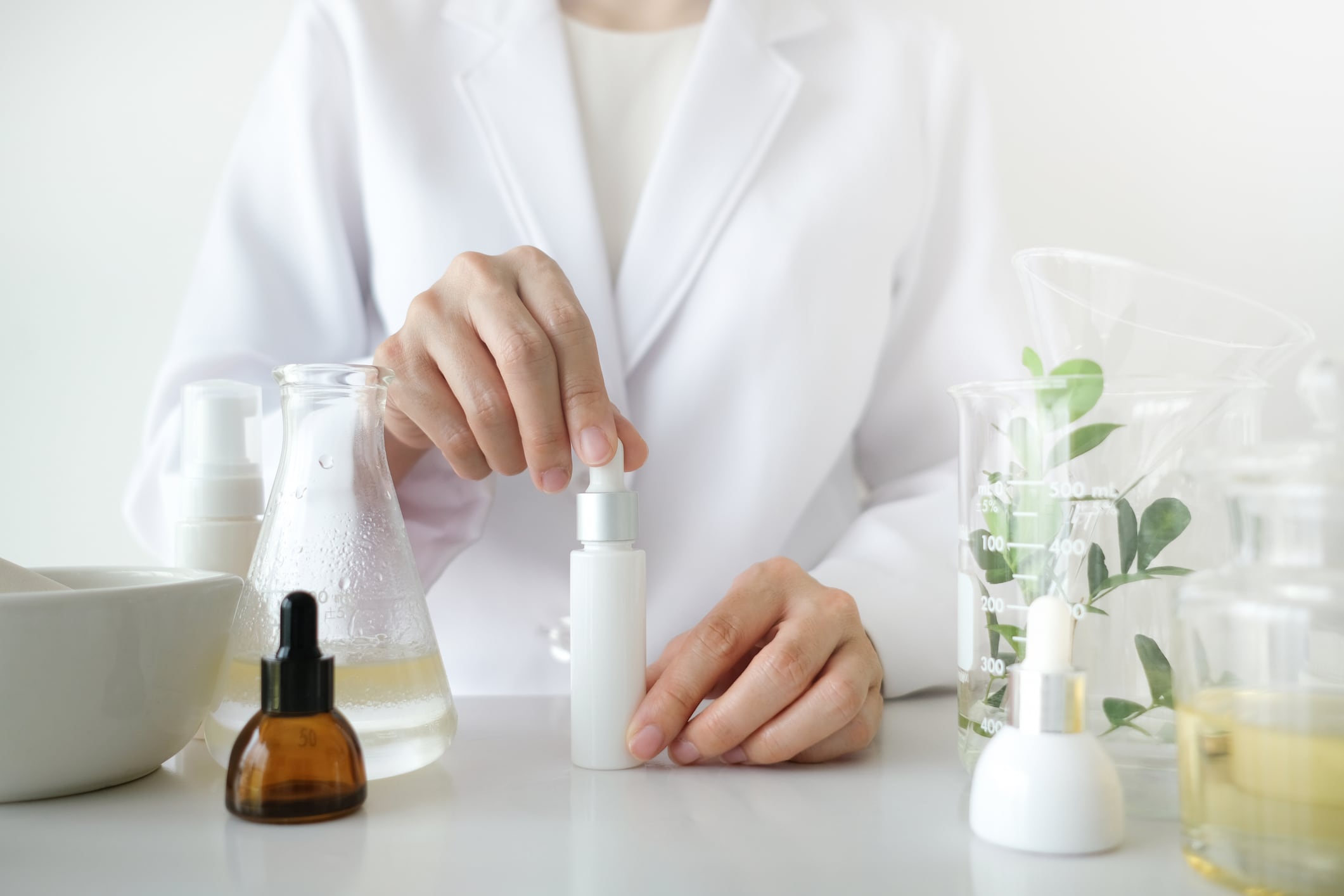Over 1,000 cosmetic scientists and experts from across the globe will gather in the French coastal town between 15 - 18 September to explore this year’s overarching theme “Future is Science”.
The event is expected to welcome over 1,000 participants and will cover three main topics ‘Skin and hair health and wellbeing’, ‘Holistic science’, and ‘Diversity and personalisation.’
Attendees will have access to 68 oral presentations and 900 posters, which were selected from nearly 1,200 submissions.
There will be representation from 14 different countries, with France, China and South Korea leading the charge “due to their significant research activity in cosmetics,” according to the IFSCC.
“Connecting cosmetics with biological functions”
As this year’s conference is being held in France, it has been organised by the Société Française de Cosmétologie.
President for the IFSCC 2025 Congress Christine Lafforgue said that the congress aims to highlight that the cosmetics industry is rooted in science and that this is driving future advancements.
“This theme enables a deep exploration of cosmetology, connecting cosmetics with biological functions through biological, chemical, physical, and AI perspectives,” she explained.
Speakers will cover topics like longevity and anti-ageing, photoprotection, the microbiome, neuroscience, sensoriality and emotions, as well as diversity and sustainability.
Day one will focus on the synergy between inner health and outer beauty, exploring internal and external stressors, the exposome, photobiology, and cognitive and affective sciences.
Day two will be centred around holistic and multi-targeted approaches, with topics of interest including the microbiome and longevity.
The final day will be all about diversity and personalisation. This will explore the science of hair and skin colour, biological pigmentation and makeup, and how biotechnology, the integration of omics, and digital technology can all help to create more personalised offerings.
In collaboration with L’Oréal Research & Innovation, the Société Française de Cosmétologie (SFC) will also present the 3rd edition of the IFSCC Sustainability Challenge, where startups and academics can showcase their sustainability innovations.
A focus on strong scientific evidence in cosmetics
Lafforgue highlighted that beauty and personal care shoppers are increasingly viewing beauty products as an investment and therefore expect tangible results and value for money, which clinical evidence helps to guarantee.
“Published clinical studies and solid proof of efficacy are becoming increasingly vital,” she explained.
“The digital age has also democratised access to information, enabling consumers to consult scientific reviews and independent analyses more easily, which in turn fuels a demand for transparency.”
Lafforgue also highlighted that this has coincided with regulatory bodies enforcing stricter standards, thus “pushing the industry towards more rigorous testing and substantiation - not only to ensure efficacy, but also to promote ethical responsibility and protect consumer well-being.”


